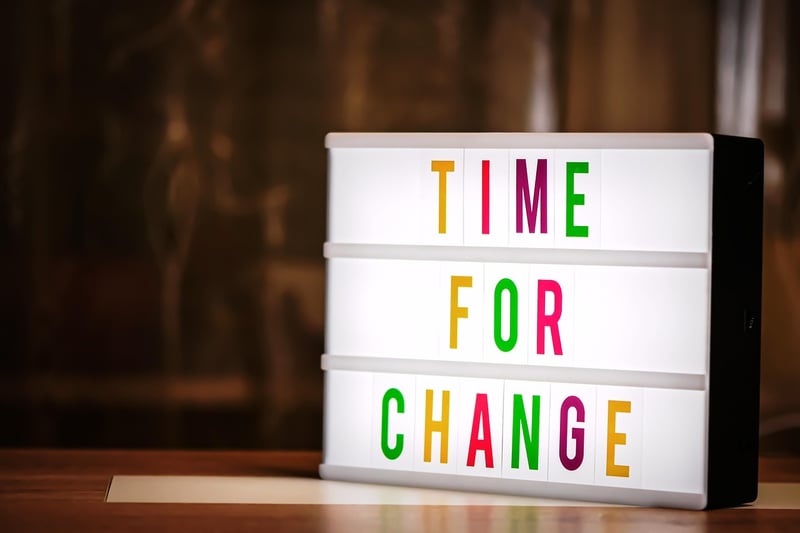Changing the Past
The Moral Dilemma of Changing the Past
Imagine for a moment that you have the power to change the past. What would you do? Would you right the wrongs of history, prevent tragedies, or ensure a better future for yourself and others? While this idea may seem appealing at first glance, it raises profound ethical questions and moral considerations that are worth exploring.
The Butterfly Effect and Unintended Consequences
One of the main concerns with altering the past is the concept of the butterfly effect. This theory suggests that even small changes in the past can have larger, unforeseen consequences in the present and future. By changing one event, you could inadvertently set off a chain reaction of events that may lead to unintended outcomes.
Ethical Implications
From an ethical standpoint, tampering with the past raises questions about the nature of free will, personal responsibility, and the sanctity of historical events. If we were to change the past, would we be interfering with the natural course of events and depriving individuals of the lessons learned from past experiences?
Preserving Cultural Heritage
Another critical consideration is the impact of altering the past on cultural heritage and collective memory. History shapes our identity and provides a context for understanding the present. Changing historical events could distort our understanding of who we are and where we come from.
Conclusion
While the idea of changing the past may be tempting, it comes with significant moral considerations and ethical dilemmas. Perhaps it is better to learn from the past, honor its lessons, and focus on creating a better future rather than attempting to rewrite history.
Remember, our actions today shape the future we will inherit tomorrow.

For more thought-provoking articles on ethics and philosophy, visit Philosophy Now.
